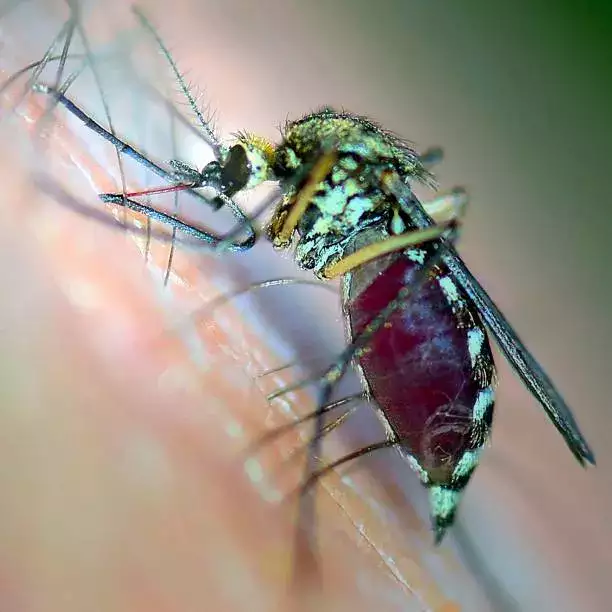There is a risk of death for people infected by the chikungunya virus. A recent study highlights the need for continued research and development of effective anti-chikungunya therapeutics and equitable access to vaccines.
The Lancet Infectious Diseases journal found that chikungunya virus infection increases the risk of death for up to three months. Chikungunya is a mosquito-borne virus. Yellow fever and tiger mosquitoes, Aedes aegypti and Aedes albopictus, spread the virus most often.
Chikungunya can kill, but most patients recover. Researchers say five lakh cases and over 400 deaths were documented worldwide in 2023 despite underreporting.
“With chikungunya infections expected to rise, health services must consider the risks that persist after the acute phase,” said study senior author Enny Da Paixao Cru, Associate Professor at LSHTM, UK.
The 100 Million Brailian Cohort was used to analyze 1.5 lakh chikungunya illnesses.
Infected patients are still at risk for problems following the acute infection period, which lasts 14 days post-symptom start.
Infected people died eight times more than unexposed people in the first week. Researchers found they were twice as likely to die from complications three months after infection.
The team showed that cardiovascular disorders like ischemic heart disease, metabolic, and kidney problems increased the chance of death regardless of age or sex.
Due to climate change, urbanization, and increased mobility, Aedes-borne illnesses are expected to rise in frequency and location. Chikungunya is now a rising public health hazard.
Anti-chikungunya drugs and post-infection therapy are unavailable. They stated the US Food and Drug Administration authorized the first vaccine last November.
“This study highlights a pressing need for continued research and development of effective anti-chikungunya therapeutics and equitable access to approved vaccines in countries with recurring outbreaks,” added Cruz.
“Reinforcing measures to control the spread of chikungunya virus-carrying mosquitoes is also essential for reducing the excess mortality associated with the disease,” he said.
Conclusion
The new research mentioned above shows a three-month fatality risk from chikungunya, even though most people recover. This highlights the urgency of:
Effective anti-chikungunya medicines and vaccine access require more study.
Distribution of the newly licensed vaccine to high-risk groups in outbreak locations should be fair.
Increase mosquito control activities to reduce Aedes mosquitoes, the main transmitters.
We can lessen the risk of chikungunya and possibly even save lives by paying attention to these important issues.



